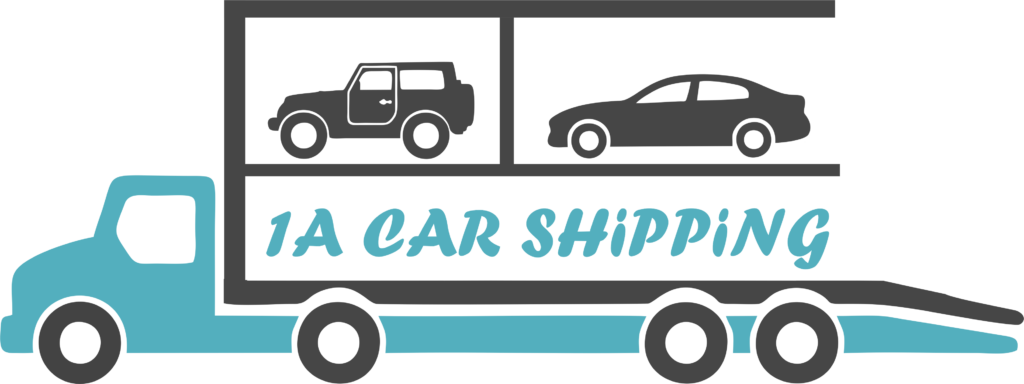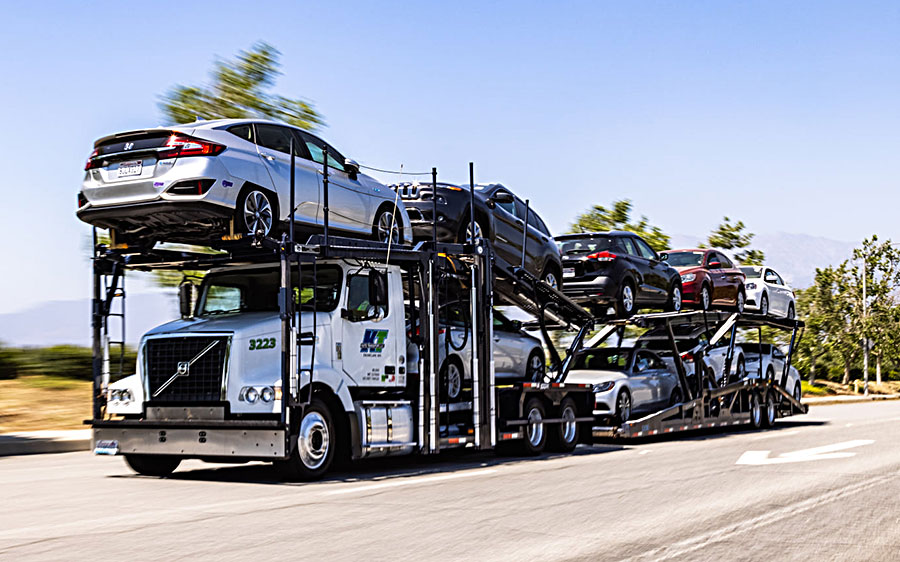The auto transport and freight industries are both essential components of the logistics sector, ensuring the efficient movement of goods and vehicles across the country and beyond. While these industries may seem similar on the surface, there are distinct differences between auto transport brokers and freight brokers that are essential to understand. This article will delve into the intricacies of these two professions, shedding light on their roles, responsibilities, and the unique challenges they face in their respective domains.
The transportation industry is a complex and ever-evolving landscape, where the smooth flow of goods and vehicles is paramount. At the heart of this intricate system lie two key players: auto transport brokers and freight brokers. While they may share some similarities, these professionals operate in distinct realms, each with its own set of challenges and nuances. This article aims to demystify the differences between these two roles, providing a comprehensive understanding of their respective responsibilities and the unique demands they face on a daily basis.
Auto Transport Brokers: The Movers of the Automotive World
Auto transport brokers are the unsung heroes of the automotive industry, facilitating the seamless movement of vehicles from one location to another. Their primary responsibility is to act as intermediaries between individuals or businesses in need of vehicle transportation services and the carriers equipped to handle such tasks. Whether it’s a cross-country move, a dealership relocation, or a manufacturer’s distribution, auto transport brokers play a pivotal role in ensuring vehicles reach their destinations safely and efficiently.
The Art of Coordination and Communication
At the core of an auto transport broker’s role lies the art of coordination and communication. These professionals must skillfully navigate a complex web of logistics, meticulously arranging the pickup and delivery of vehicles while adhering to strict timelines and regulations. They are tasked with sourcing reliable carriers, negotiating competitive rates, and ensuring compliance with industry standards and legal requirements.
| Key Responsibilities | Challenges Faced |
| ● Sourcing reliable carriers
● Negotiating rates and terms ● Coordinating pickup and delivery schedules ● Ensuring compliance with regulations ● Providing exceptional customer service |
● Navigating constantly changing logistics
● Managing unexpected delays or route changes ● Ensuring proper vehicle handling and safety ● Maintaining transparency with customers ● Mitigating potential damages or claims |
Freight Brokers: The Maestros of Cargo Movement
On the other hand, freight brokers orchestrate the intricate dance of cargo transportation, coordinating the movement of goods across various modes of transportation. Their primary role is to facilitate the efficient and timely delivery of freight, whether it’s raw materials, finished products, or specialized cargo. Freight brokers act as intermediaries between shippers (the parties seeking transportation services) and carriers (the companies capable of moving the goods).
Navigating the Complexities of Cargo Logistics
The freight industry is a vast and intricate landscape, encompassing a multitude of cargo types, transportation modes, and regulatory frameworks. Freight brokers must possess a comprehensive understanding of these complexities, ensuring that each shipment adheres to the necessary regulations, safety protocols, and delivery timelines. From negotiating rates and routes to coordinating intermodal transfers and managing documentation, their expertise is invaluable in streamlining the entire process.
| Key Responsibilities | Challenges Faced |
| ● Matching shippers with suitable carriers
● Negotiating freight rates and contracts ● Coordinating pickup and delivery schedules ● Ensuring compliance with regulations ● Managing documentation and paperwork |
● Navigating complex supply chains
● Managing unexpected delays or disruptions ● Ensuring cargo safety and security ● Mitigating potential damages or losses ● Adapting to changing market conditions |
The Intersection of Technology and Expertise
In both the auto transport and freight brokerage industries, technological advancements have revolutionized operations. Brokers now have access to advanced software platforms, real-time tracking systems, and sophisticated data analytics tools. These innovations not only streamline processes but also provide valuable insights into route optimization, capacity planning, and predictive analytics. Enabling brokers to make informed decisions and deliver exceptional service to their clients. car shipping seattle
However, technology alone is not enough. Successful brokers in either industry must possess a deep understanding of the intricacies involved, coupled with strong problem-solving skills and a keen eye for detail. They must be adept at navigating complex regulations, managing risks, and building lasting relationships with carriers and clients alike.
Choosing the Right Broker for Your Needs – Auto Transport
When it comes to selecting the appropriate broker for your transportation needs. It’s crucial to understand the distinct requirements of your industry. For individuals or businesses moving vehicles, an auto transport broker is the obvious choice. As they specialize in the safe and efficient transportation of automobiles. These brokers have intimate knowledge of the unique challenges associated with vehicle transportation, such as handling oversized loads, ensuring proper equipment, and adhering to state-specific regulations Auto Transport.
On the other hand, if your business involves the movement of goods or cargo. A freight broker is the ideal partner. These professionals possess a deep understanding of the complexities involved in transporting various types of freight, from hazardous materials to perishable goods. They can navigate the intricate web of logistics, leveraging their expertise to ensure your shipments are delivered on time and in optimal condition.
The Road Ahead: Embracing Collaboration and Innovation
As the transportation industry continues to evolve. Both auto transport brokers and freight brokers will play pivotal roles in shaping the future of logistics.
Collaboration between these professionals, carriers, and industry stakeholders will be essential in addressing emerging challenges, such as sustainability initiatives, technological disruptions, and changing consumer demands.
Embracing innovation and staying ahead of industry trends will be paramount for brokers to maintain their competitive edge. From exploring alternative fuel sources and optimizing routes for reduced emissions to leveraging emerging technologies like blockchain and autonomous vehicles. The industry is ripe for transformation.
Auto Transport – Parting Words:
Ultimately, the success of both auto transport brokers and freight brokers lies in their ability to navigate. The complexities of their respective domains while providing unparalleled service and value to their clients. As the world becomes increasingly interconnected, the vital roles played by these professionals will only continue to grow in importance. Ensuring the seamless flow of goods and vehicles that keeps our global economy thriving.

